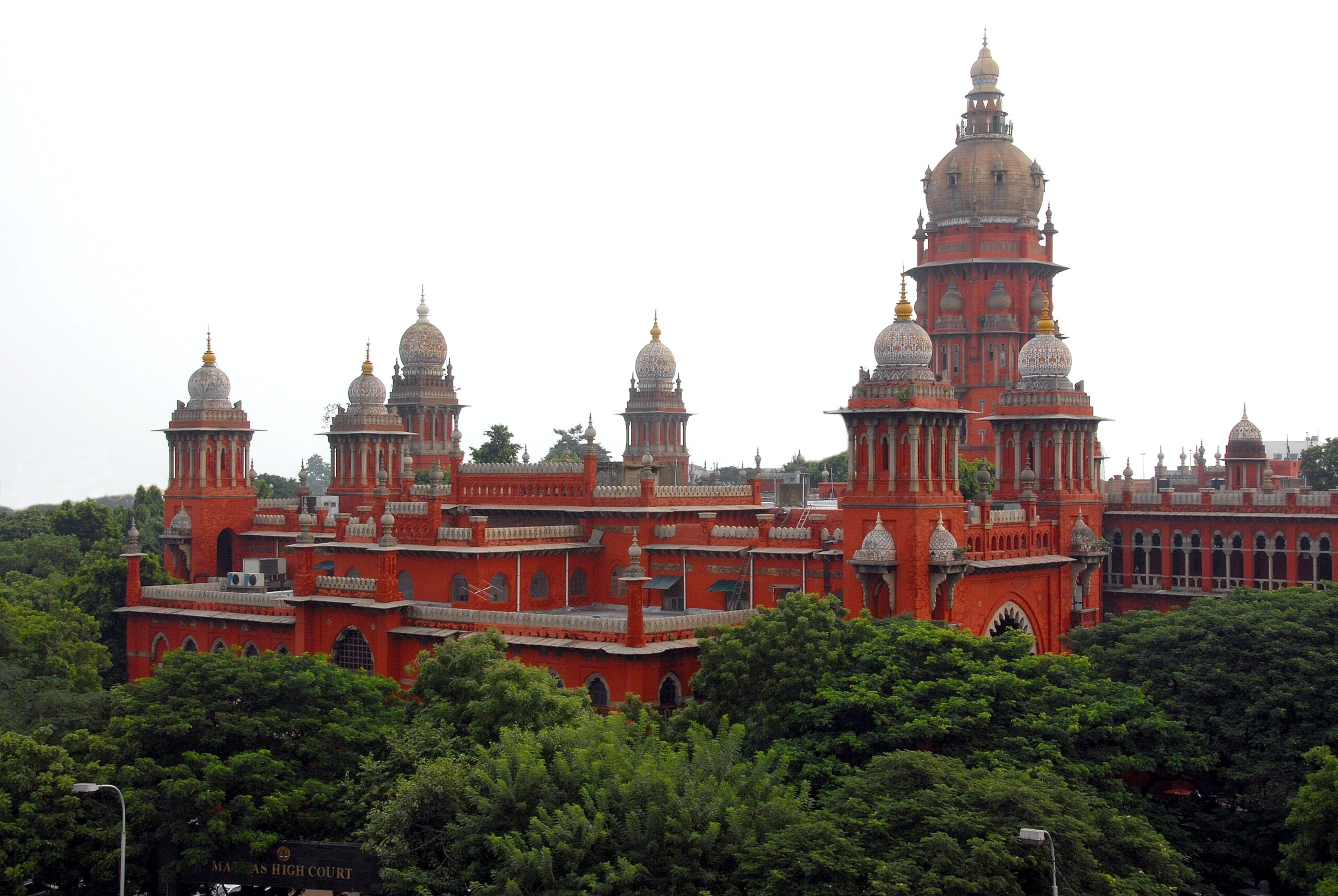We are currently in an era where the credibility of everything, from the products we buy to the individuals we engage with, is determined by their online reviews. In this context, a single negative review, defamatory article, or video has the potential to cost someone not only a customer but also the freedom to live the life they aspire to. The advent of AI has brought about an increase in deepfake-related issues. The growing demand for online accessibility to goods, services, and information has resulted in a surge of false information and counterfeit products.
Consider a scenario where a businessperson faces a legal battle for bankruptcy, is later acquitted, but struggles to rebuild their reputation. Potential clients, having read articles declaring bankruptcy, retract their interest, causing significant personal and professional distress. Section 43A of the Information Technology Act of 2000 emphasizes the responsibility of organizations to secure sensitive personal data, with failure leading to potential damages for the affected individual.
The “Right to be Forgotten” (RTBF), also known as the “right to erasure,” is an evolving concept in India. It allows individuals to request the removal or deletion of online content containing personal information that may harm their reputation. The RTBF gained prominence in the European Union in 2014, where the European Court of Justice recognized the right in the Google Spain case. The court emphasized the need to balance individuals’ privacy rights with the public’s right to information.
In the EU, the General Data Protection Regulation (GDPR) further solidified the right to be forgotten, stating that individuals have the right to request the erasure of personal data under specific conditions. However, certain exemptions, such as freedom of expression and legal obligations, may override this right.
The United States has limited provisions for the right to be forgotten, primarily due to the constitutional guarantee of freedom of speech. Despite this, some states, like New York, have proposed legislation acknowledging the right to be forgotten.
In India, the Supreme Court’s 2017 judgment in the KS Puttuswamy case established the right to privacy as a fundamental right, encompassing the right to be forgotten. Various cases in Indian courts, such as Jorawer Singh Mundy vs Union of India and Virginia Shylu vs. Union of India, have highlighted the need to address online content that adversely affects individuals’ lives.
The draft Personal Data Protection Bill and the Digital Personal Data Protection Bill in India include provisions related to the right to correction and erasure of personal data. The Bills propose that individuals have the right to request the removal of personal data that is no longer necessary for its original purpose, unless retention is required for legal reasons.
In conclusion, the right to be forgotten is crucial in safeguarding individuals from unwarranted harm to their reputation and livelihood due to online information. It is essential to strike a balance between an individual’s right to privacy and the public’s right to access information. As technological advancements continue, legal frameworks, such as the proposed Bills in India, aim to provide individuals with the tools to control their digital presence. Upholding the right to be forgotten is not only a legal matter but also an acknowledgment of the fundamental right to privacy and the autonomy of individuals in the digital age.



